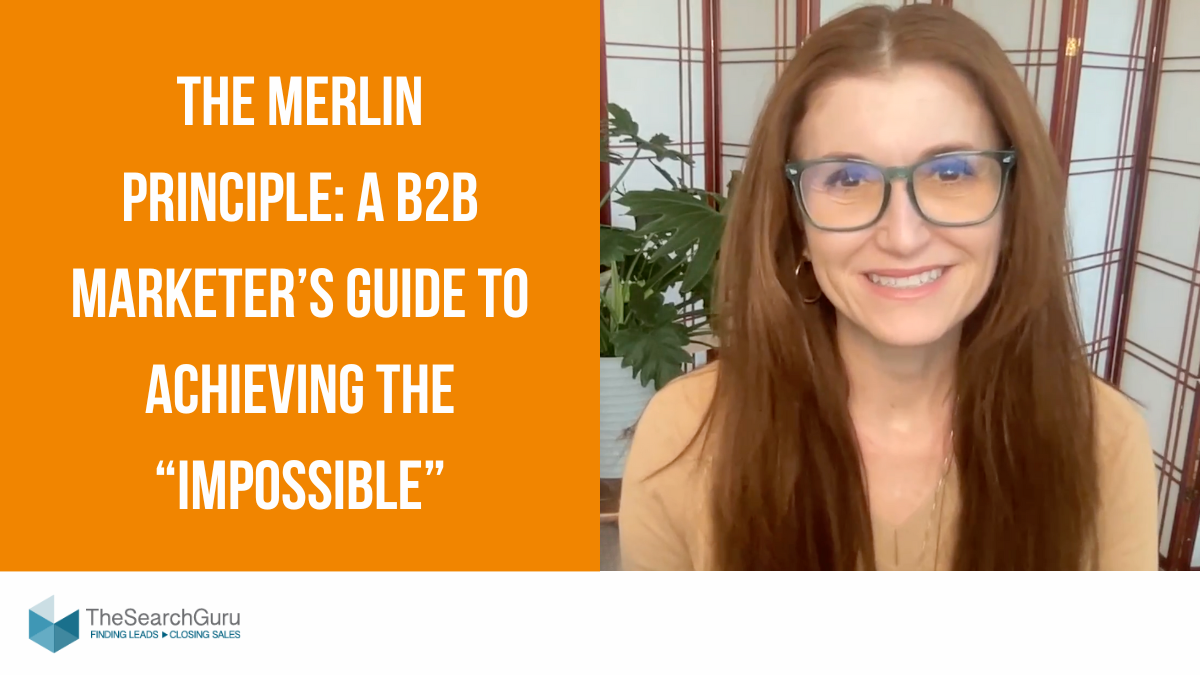Making lemonade from lemons: Google’s new 100% secure search
This week at The Search Guru, we’ve been hearing a lot of buzz from clients about Google’s move to secure search (and the chatter hasn’t been favorable). We understand – and we’d like to clear up some misconceptions, from our perspective, about how this change truly affects a solid, well-rounded SEO strategy – or if it even does.
The big change (especially for addicts of keyword searches)
Anyone involved in SEO at all for the past two years, unless they’ve been living under a virtual rock, knows about the Google
[not provided] phenomenon. In October 2011, Google began hiding keyword searches behind SSL (secure) pages for anyone who was logged into a Google account, citing privacy reasons. Google assured us that this move would result in “single digit” percentages of keywords being [not provided] in Google Analytics.
Single digit percentages soon turned into double digit, largely due to the adoption of default secure search by Firefox and Chrome browsers on desktop, and Safari on mobile iOS 6. Recently, we’ve had clients who’ve had upwards of 50% in [not provided] traffic. Our own site has reached 80%.
The big change now is that Google is defaulting to secure search for all users, whether or not they’re signed in. This means that soon, there will be no keyword data visible in Google Analytics. Say what??
Take a deep breath; SEO is much more than keywords
Yes, it sure stinks that we won’t have access to keyword info anymore. We don’t like it any more than you do. However, we SEO professionals know that this industry is in a constant state of flux – in fact, the only constant is change itself – so we learn to adapt and roll with the punches. A peer of ours stated it very well: “It is an inconvenience more than anything, but not much more.”
When I first got into this business over six years ago, it was all about keyword searches: exact match keywords, keyword density, the keywords meta tag, keyword placement. Keywords were king!
And, so was spam. People were working the system to increase rankings and traffic using precise keyword placement in content that was not valuable and not worth reading. Some employed keyword stuffing and other spam techniques. Google figured this out. Enter Panda and Penguin, algorithm updates designed to target spam.
This is not to say that keywords aren’t still important. They are, in the sense that you have to know what words people are using to find your products and services (this keyword data is still available in your Google Webmaster Tools account), and then you must use variations of those words on your site to show relevancy to the search engines. But keywords are no longer the end all, be all of search. And we must accept that. It seems that many SEOs and companies have gotten comfortable relying on past proven keyword techniques and keyword ranking reports. It just doesn’t work like that anymore.
We’ve been hearing phrases such as “SEO is dead” and “SEO has no value.” In reality, the familiar, simpler, quick-win and cookie-cutter SEO approach no longer cuts it. And that is a hard pill to swallow.
The journalism edge
Along with keywords being king in the past, content has also always been king – only now our definition of content must change. Churning out content is no longer fast and easy. It must be meaningful, be valuable, be original, be in-depth. Content that can’t be found anywhere else online. And yes, this type of content takes time to write; a lot of time. And, it is the type of content that will get talked about, get shared on social networks, get linked to, and boost your site in the search engines.
Here at The Search Guru we proudly boast that we have not one, not two, but three exceptional journalists on staff. We also have a social media specialist who knows how content needs to be promoted in order to be successful.
Please don’t panic! We are here to help you get over your keyword addiction. Share your thoughts in the comment box below.







Leave A Comment